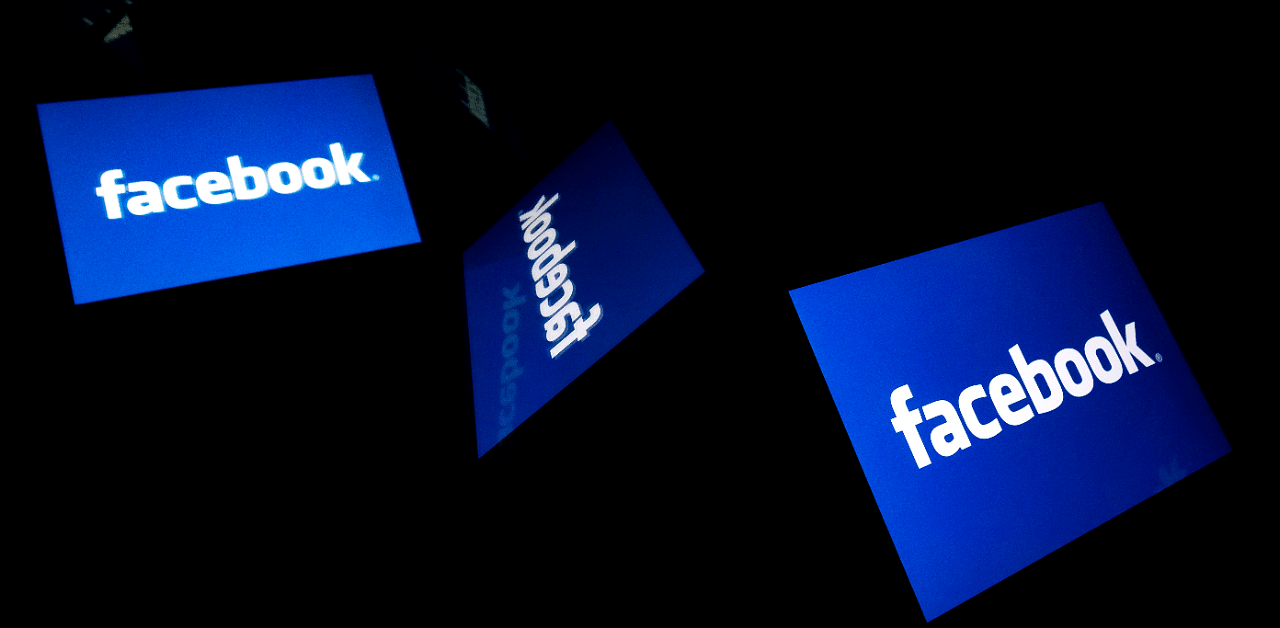
Facebook said that although other employees can offer their views on content moderation, they cannot sway the decisions which are only to be enforced by an independent team.
“Public policy in India, while being one stakeholder who can express one point of view among many voices, but they did not have any decision-making power in this. The content policy team that is on the hook for enforcing content decisions in India is separate and independent from the public policy team," Ajit Mohan, vice-president and managing director of Facebook India, told Mint in an interview.
This comes after a Delhi legislative panel on Tuesday warned Facebook that it could face contempt proceedings after it failed to show up at a hearing into its alleged role in fanning religious riots in Delhi earlier this year.
Read | Facebook India MD Ajit Mohan refuses to appear before Delhi Assembly panel
The Delhi state parliament's committee had summoned Facebook's India Managing Director Ajit Mohan to answer allegations that the social media giant did not adequately apply hate speech rules and policies, which contributed to the violence that left 50 people dead.
Facebook has been caught in the middle of accusations of bias from rival sides in India's feverish political battlefield. Opposition parties said it favours the BJP after the Wall Street Journal reported that Facebook's Ankhi Das refused to take down anti-Muslim comments by Raja Singh because it could damage the company's business interests.
Mohan told the publication that there are robust internal mechanisms within Facebook to handle a difference of opinion on sensitive content.
“The reality is no individual — including some of those whose names have been mentioned, who are people who report to me — has that kind of unilateral decision-making power in this organisation to influence choices.
“When it involves an elected official, we are pretty conscious that the process and mechanism need to be extremely robust, because these are people who are elected in democratic systems, and if anything, our bias would be that voters and citizens should be able to listen to their point of view and make a conclusion for themselves," he said.
Facebook has also been accused by a former employee that it had ignored or was slow to take action on evidence that fake accounts on its platform have been undermining elections and political affairs globally.
Also Read | Facebook rejects allegations of political bias at Parliament panel meet
Read more at: https://www.deccanherald.com/national/facebook-rejects-allegations-of-political-bias-at-parliament-panel-meet-881641.html
A report by BuzzFeed News cited an internal memo written by a former Facebook data scientist Sophie Zhang that pointed out that heads of government and political parties in many countries were using fake accounts to sway public opinion.
Zhang claimed that she had worked hard to remove "a politically-sophisticated network of more than a thousand actors working to influence" the Delhi elections earlier this year. She, however, did not disclose details of the network, as per the report quoting the internal memo.
“We don’t have an exception for hate speech for elected officials."
“So, we did enforce our hate speech policies, not once but many times. To be extremely clear, no exceptions, it was enforced," Mohan told the publication.
India is the American firm's biggest market in terms of the number of users. Social media giant Facebook admitted last month that it has to do better to curb hate speech as it battled a storm over how it handled comments by a member of India's ruling party who called Muslims traitors.
(With agency inputs)